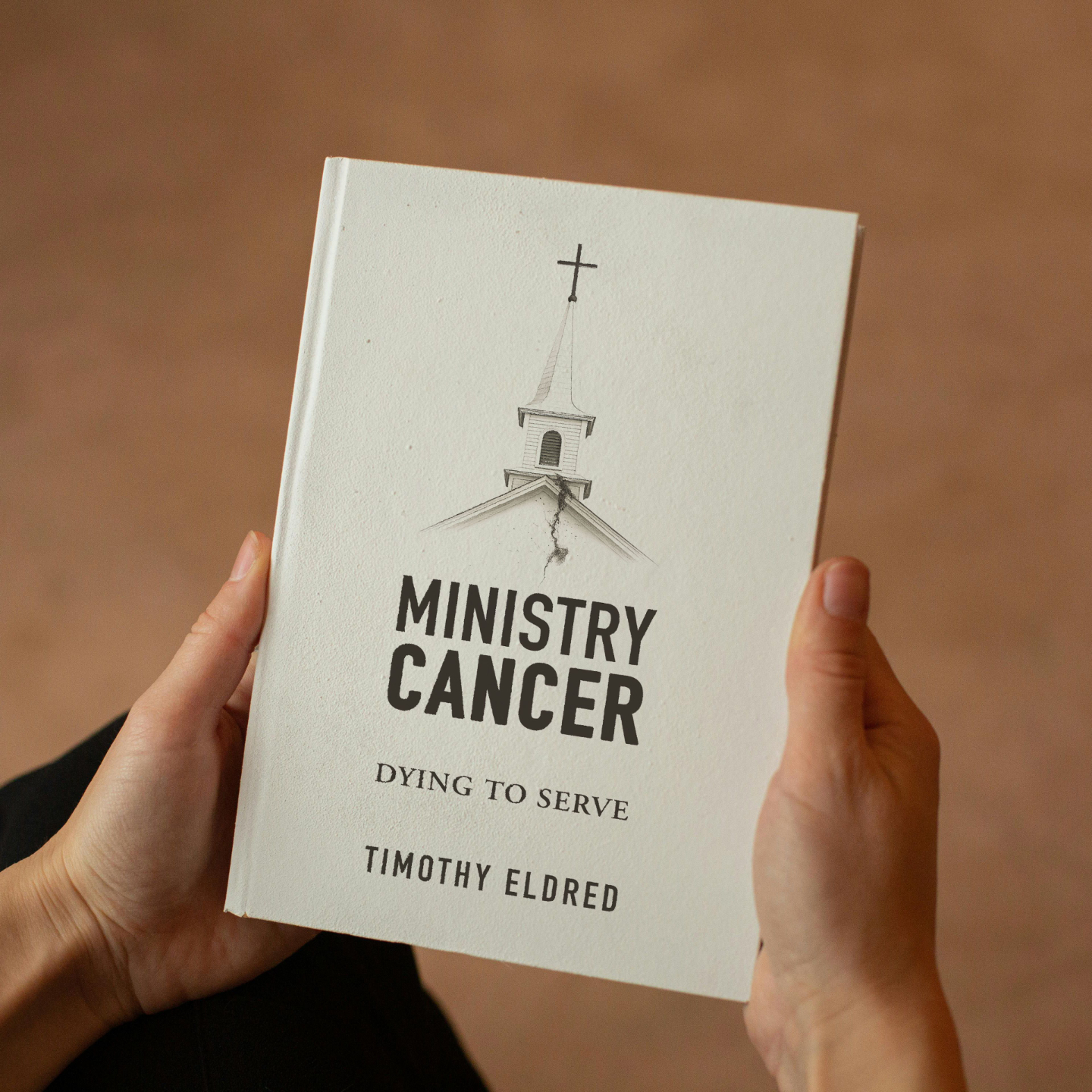You Can Either Pay Now or Pay Later

Recently, I had yet another heart-to-heart with my dear friend, John, a pastor who seems to have it all together on the surface. Throughout our friendship, our conversations have revealed that John is struggling with numerous emotional and mental health issues. But he makes another excuse for the situation whenever I offer a listening ear or practical suggestions. This has gone on for years. And honestly, it gets tiring. I assume eventually, John will get sick and tired of being sick and tired.
My deeply personal conversations with John have moved me to write to pastors who might also be facing similar challenges hidden beneath a veneer of success and happiness. My goal is to offer a caring and empathetic call to action for pastors everywhere to acknowledge these challenges, prioritize self-care, and invest in their emotional and mental well-being for the benefit of themselves, their families, first and foremost, and then, their congregations.
Facing the Reality of Pastors’ Struggles
The role of a pastor is accompanied by unique stressors and challenges. Spiritual leaders are expected to provide constant support and guidance to their congregations while maintaining their own family life, personal well-being, and spiritual growth. This immense pressure can significantly impact their emotional and mental health.
Studies have shown that pastors are at a higher risk for depression, anxiety, burnout, and even suicidal thoughts. For example, research from Duke Divinity School discovered that pastors experience depression and anxiety at nearly double the rate of the general population[^1^]. Additionally, Barna Group research indicated that pastors are more likely to face relational challenges, such as marital and family conflict[^2^].
Despite these alarming findings, many pastors are reluctant to seek help or openly discuss their struggles. Instead, they may experience shame or guilt, worrying that admitting to emotional or mental health issues could be perceived as weakness or a lack of faith. Unfortunately, this mindset can create a dangerous cycle of denial, isolation, and self-sabotage.
A Compassionate Call to Action for Pastors
For pastors like John, it’s crucial to stop deceiving themselves and confront the reality of their struggles. Ignoring the issue only perpetuates a cycle of dysfunction and self-sabotage. To all pastors, I implore you to invest in your well-being and prioritize self-care. Remember, the only person you’re fooling is yourself.
It’s vital to understand that loving Jesus more or praying your problems away is not the answer (as much as we may wish it were). Solely relying on faith to address emotional and mental health issues is misguided and hazardous. The choice is yours: pay the price now, or pay the price later. But rest assured; you will pay the price.
By taking the necessary steps to prioritize your emotional and mental health, you can break free from this destructive cycle and create a thriving ministry and home life. Your congregation, your family, and your soul deserve nothing less. So don’t wait until it’s too late to make a change—begin your journey toward healing and wholeness today.
I write this out of love and concern for you and your ministry. Don't be John, who self-sabotages. Take these words to heart and make the necessary changes to invest in your well-being for yourself, your family, and your ministry. Remember, a healthy pastor leads to a healthy home and church. Guaranteed? No. But don’t play the odds. They are already stacked against you.
5 Steps for Pastors to Prioritize Emotional and Mental Health
Here are some practical steps that pastors can take to prioritize their emotional and mental health:
- Connect with other pastors and spiritual leaders in your area or denomination. These individuals can provide valuable insights and support based on their own experiences in ministry.
- Seek a mentor or spiritual director who can guide and encourage your personal and professional life.
- Join a support group specifically designed for pastors or clergy. These groups can be invaluable in offering a safe space to discuss your struggles and receive encouragement from others who have faced similar challenges.
- Engage in regular conversations with your partner or close family members about your emotional and mental well-being. Encourage them to hold you accountable for prioritizing self-care and maintaining healthy boundaries.
- Develop friendships outside of your congregation. This can help to create a sense of balance and normalcy in your life and provide you with a support system that is not tied to your ministry.
The Impact of Healthy Pastors on Their Congregations
When pastors prioritize their emotional and mental health, they are better equipped to serve as effective spiritual leaders in their congregations. In addition, healthy pastors can model self-care and the importance of maintaining emotional and mental well-being for their congregations, encouraging others to prioritize self-care.
Furthermore, healthy pastors can better foster positive, nurturing environments within their churches. They can create spaces where congregants feel safe and supported in their emotional and mental health journeys. This can lead to a healthier, more resilient, and more compassionate church community.
Pastors' hidden struggles can have far-reaching consequences for themselves, their families, and their congregations. By recognizing the importance of self-care and prioritizing their emotional and mental health, pastors can break free from destructive cycles and create thriving ministries and home lives. The time to act is now. Start your journey toward healing and wholeness for the sake of your own well-being and the health of your family and congregation. Remember, you can pay now or pay later. ◼︎
• • •
References:
- Duke Divinity School study
- Barna Group Research on Pastors' Relational Challenges
If you found this article helpful and want them in your inbox, sign up here.
We’ll send you each article plus updates from The Authentic Pastor that cut through the noise. No spam, just the good stuff—you can unsubscribe anytime.

